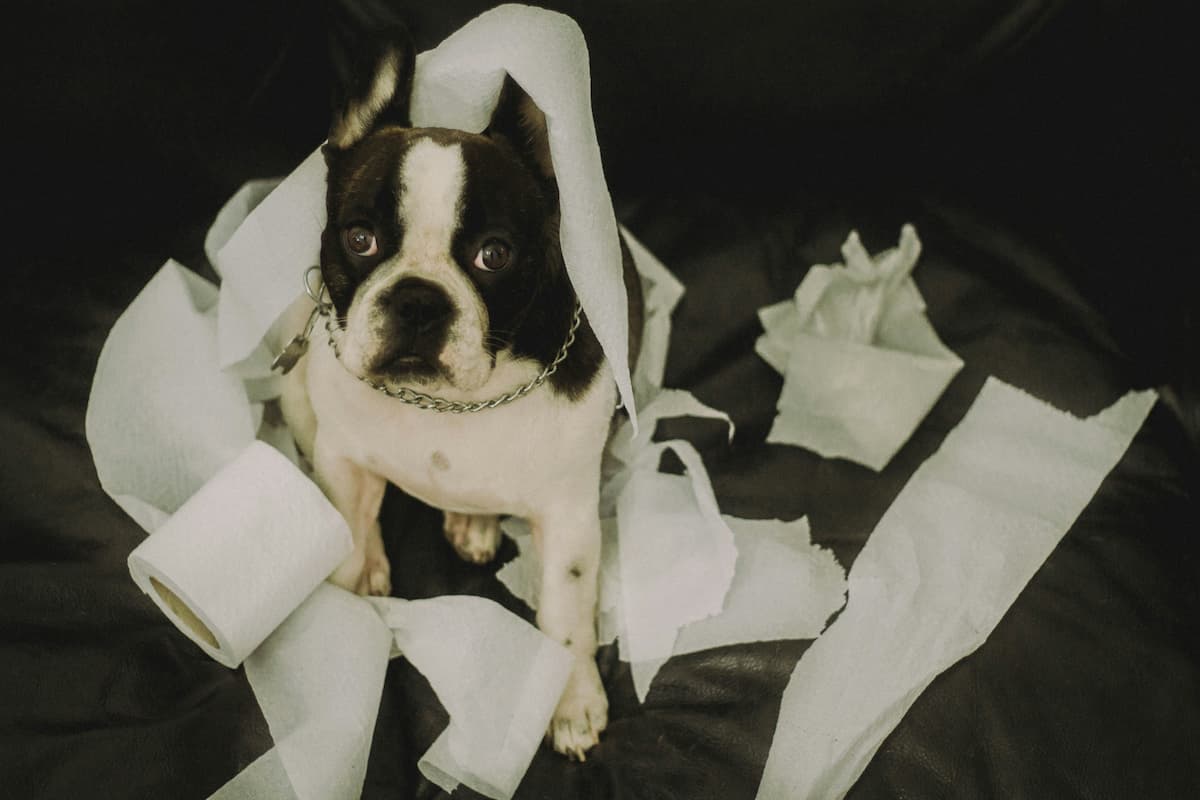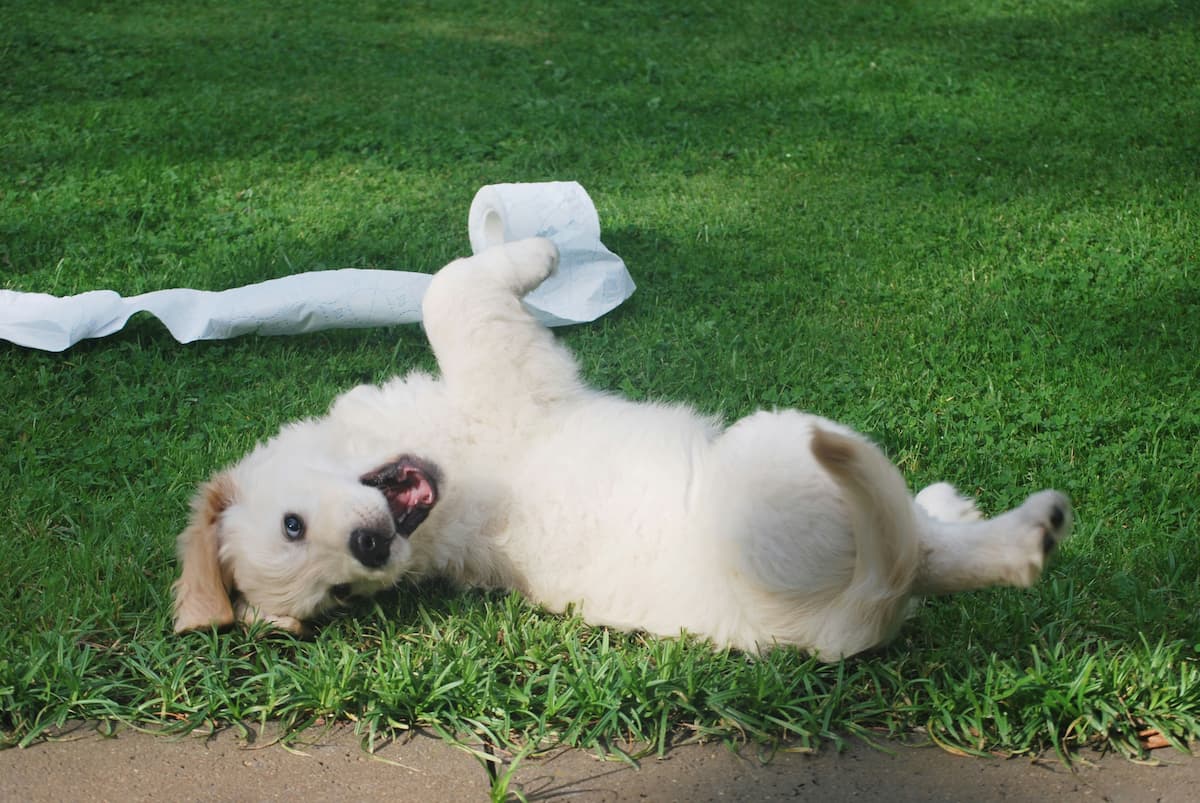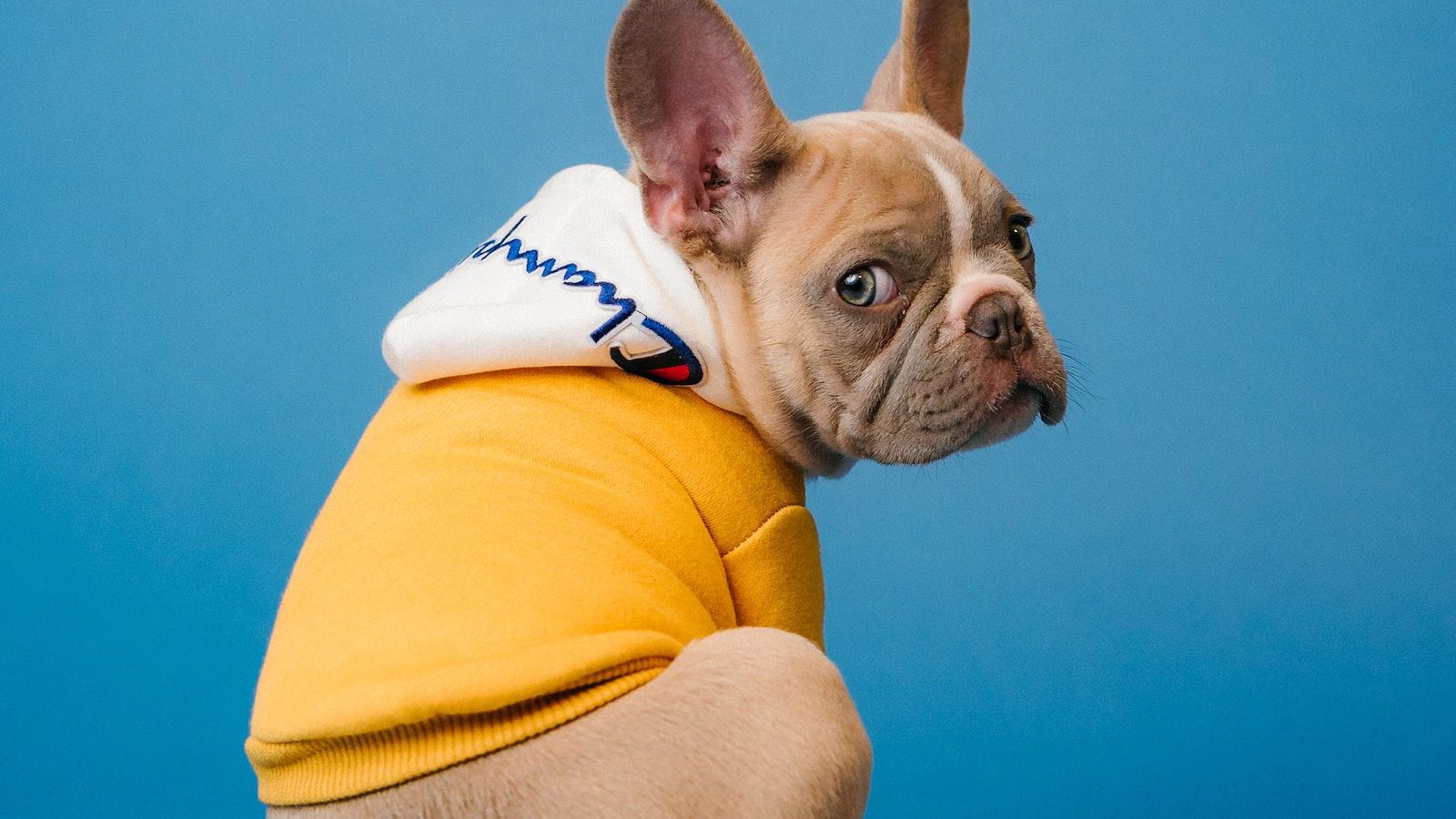Have you ever caught your dog gobbling up a used tissue like it’s the most delectable treat in the world?
As a dog lover, I couldn’t help but wonder: why on earth do our canine companions have an insatiable appetite for these crumpled pieces of trash?
Are they just trying to gross us out, or could there be a deeper reason behind this peculiar behavior?
Read on to find out more.
Why Do Dogs Eat Used Tissues?
Dogs, our lovable and furry companions, never cease to amaze us with their peculiar behaviors.
One such mysterious habit that always seems to leave owners scratching their heads is the inexplicable attraction towards used tissues.
Yes, you read that right! Have you ever wondered why your canine friend finds such appeal in devouring those crumpled, discarded pieces of tissue paper? Why exactly do dogs eat used tissues? Here are some of the surprising reasons for this habit:
- Scent Sensation: Dogs possess an impeccable sense of smell, and it plays a significant role in their attraction towards used tissues.
Those discarded tissues are a treasure trove of smells for our four-legged friends.
After all, tissues often come into contact with our faces and hands, which are laden with our scent.
This piques their curiosity, making the tissue an irresistible item for exploration.
- Texture Temptation: The crinkly texture of used tissues can prove to be quite stimulating for dogs.
The sound and feeling of crunching tissue between their teeth may provide a sense of satisfaction or even entertainment.
Dogs are known for their love of chewing, and the soft, delicate feel of tissue paper might just tickle their taste buds in an inexplicably pleasurable way.
Chewing on tissues can also help relieve teething discomfort in puppies or satisfy their natural instinct to chew on objects.
- Attention-Seeking Behavior: Dogs are social creatures and crave attention and interaction with their human counterparts.
Eating used tissues may be their way of capturing our attention, especially if they notice that we react strongly to this behavior.
Negative reinforcement, such as scolding or chasing them, may unintentionally reinforce this peculiar habit, leading to recurring instances.
Dog-Proofing your Home and Minimizing the Temptation
While it may seem harmless to let your dog munch on a used tissue once in a while, it’s important to be aware of the potential health risks involved.
Tissues may contain substances like lotion, oils, or cleaning products that can be harmful if ingested in large quantities.
They may also have come into contact with bacteria or viruses, which could potentially cause gastrointestinal problems or infections.
In addition, if a dog swallows tissue paper, it can lead to an obstruction in their gastrointestinal tract.
Therefore, it’s essential to keep an eye on your furry friend and discourage this behavior to ensure their safety and well-being.
As responsible dog owners, it is important to discourage this behavior and take necessary precautions to ensure the well-being of our beloved pets.
Provide your furry friend with appropriate chew toys or bones to redirect their chewing instincts.
Dogs are intelligent creatures that need mental and physical stimulation, and if they are not provided with enough activities or interaction, they may resort to engaging in destructive behaviors like tissue munching.
Ensuring our dogs have plenty of toys, regular exercise, and quality time with their owners can go a long way in curbing this unwanted habit.
You can also consider using deterrent sprays or rewarding your dog with treats when they refrain from eating tissues.
Remember, consistent training and positive reinforcement are key to breaking any unwanted habit.
One effective way to do this is by placing garbage bins with secure lids in areas that are inaccessible to your pooch.
This way, they won’t be able to sneakily snatch tissues and indulge in their not-so-gourmet snack.
Additionally, consider using tissue boxes with a built-in tissue dispenser, as they typically have a more secure design that is harder for a determined pup to open.
It’s all about creating physical barriers and removing the easy accessibility.
When to Consult a Veterinarian about Your Dog’s Tissue Eating Habit
Sometimes, your dog’s tissue eating habits can be due to an underlying health or psychological issues.
If it becomes a frequent occurrence, it is important to seek professional help from a veterinarian.
Here are some possible health-related causes for your pups’ tissue eating habits:
- Nutritional Deficiencies: Your dog may be lacking certain nutrients in their diet, such as fiber or minerals.This can lead them to seek unconventional sources of nutrition, including tissue paper.It’s important to consult a veterinarian to ensure your dog’s diet is well-balanced and meets their nutritional needs.
- Behavioral Issues: Some dogs develop an obsessive-compulsive disorder known as pica, which causes them to eat non-food substances.Tissues can be a common target for dogs displaying this behavior.A veterinarian can assess your dog’s behavior and provide guidance on how to manage or alleviate this condition.
- Medical Conditions: Certain medical conditions, such as gastrointestinal disorders or anemia, can lead to a dog’s unusual eating habits.By seeking professional help, a veterinarian can conduct tests and examinations to rule out any underlying health issues that may be contributing to your dog’s tissue eating habit.
FAQ
Q: So, why do dogs have this peculiar affinity for used tissues?
A: Well, there isn’t one definitive answer to this question.
But don’t worry, we’ve got a few theories that might help us understand our fluffy friends a little better.
Theory 1: Scents That Drive Them Wild Dogs have an incredibly keen sense of smell, which is great for sniffing out hidden treats or tracking their favorite humans.
However, it also means that those used tissues are a symphony of enticing scents to their curious noses.
The leftover aromas from your hands, nose, and face can be quite irresistible to our four-legged pals, making those tissue snacks simply irresistible to them.
Theory 2: Boredom Busters Just like humans, dogs can also get bored.
They’re clever creatures constantly seeking stimulation, which sometimes leads them to explore unusual objects.
When they stumble upon a tissue, it becomes a new toy or an exciting challenge to unravel.
The act of shredding paper can provide a fun and engaging experience for canines, turning that innocent tissue into playtime.
Theory 3: Attention Seekers Ah, the mischievous attention seekers! Dogs are notorious for their endearing antics to capture our undivided attention.
Eating used tissues might just be another subtle tactic to provoke a reaction from their humans.
After all, when they snatch a tissue, we’re bound to chase them or engage in a playful game of tug-of-war.
In their eyes, it’s a surefire way to get some quality bonding time and satisfy their social craving.
Q: Is it safe for dogs to eat used tissues?
A: While it’s generally not advisable for dogs to consume used tissues, the occasional chomp is unlikely to cause harm.
However, it’s essential to keep an eye out for any potential gastrointestinal issues that could arise from swallowing foreign objects.
If your pup begins to show signs of discomfort, such as vomiting or diarrhea, it’s best to consult your veterinarian to ensure their safety and well-being.
Conclusion
While it may be easy to dismiss this habit as gross or quirky, there’s usually nothing to worry about.
So long as your pup isn’t consuming vast quantities or experiencing any related health issues, it’s often just a harmless quirk that dogs develop over time.
Of course, it’s always wise to keep an eye out for potential dangers.
Make sure your garbage bins are secured to prevent any access and regularly dispose of used tissues in a discreet manner.
Additionally, if you notice excessive tissue consumption or any abnormal behavior, consulting your veterinarian is crucial for peace of mind.
At the end of the day, our dogs’ behavior may still baffle us at times, but that’s part of what makes them so endearing.
So next time you catch your furry friend sniffing around for a used tissue, embrace their quirkiness and remember — sometimes, even the strangest habits can’t dampen the love we have for our faithful companions.










